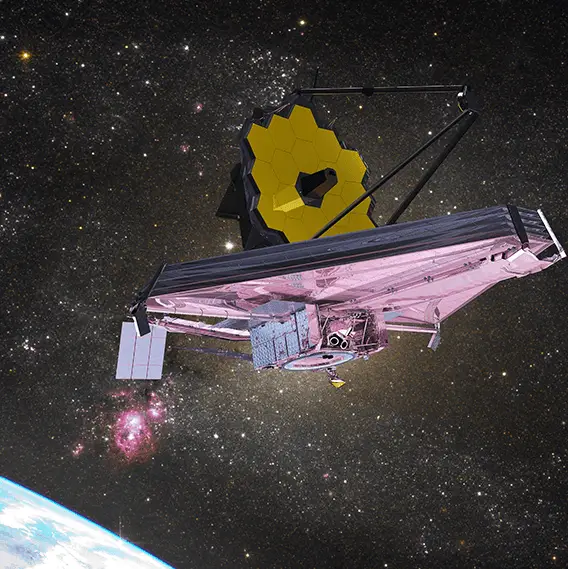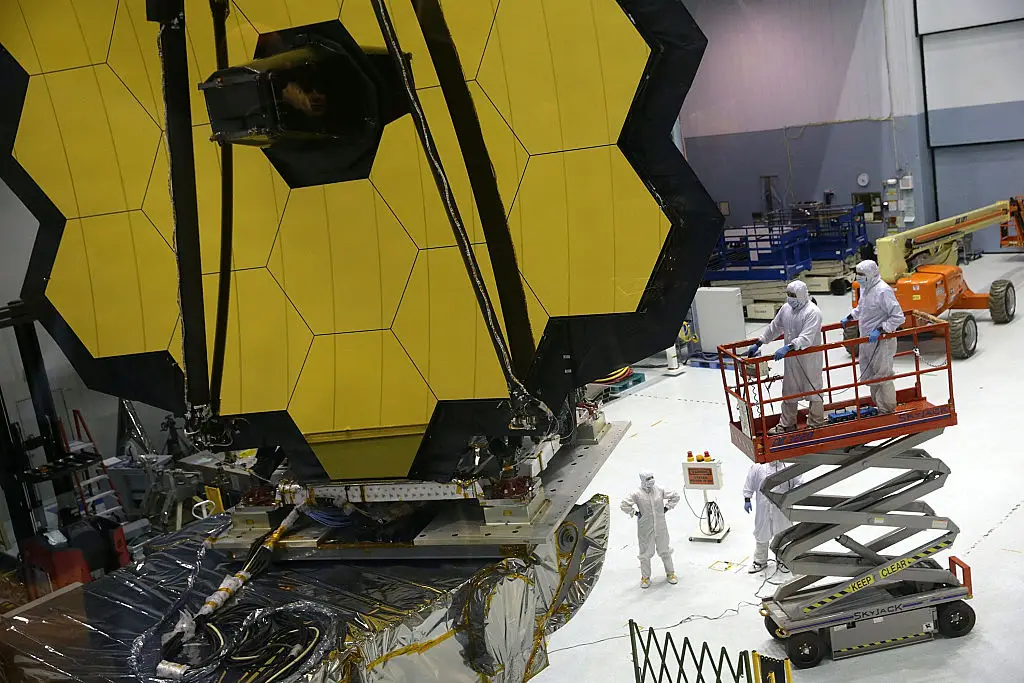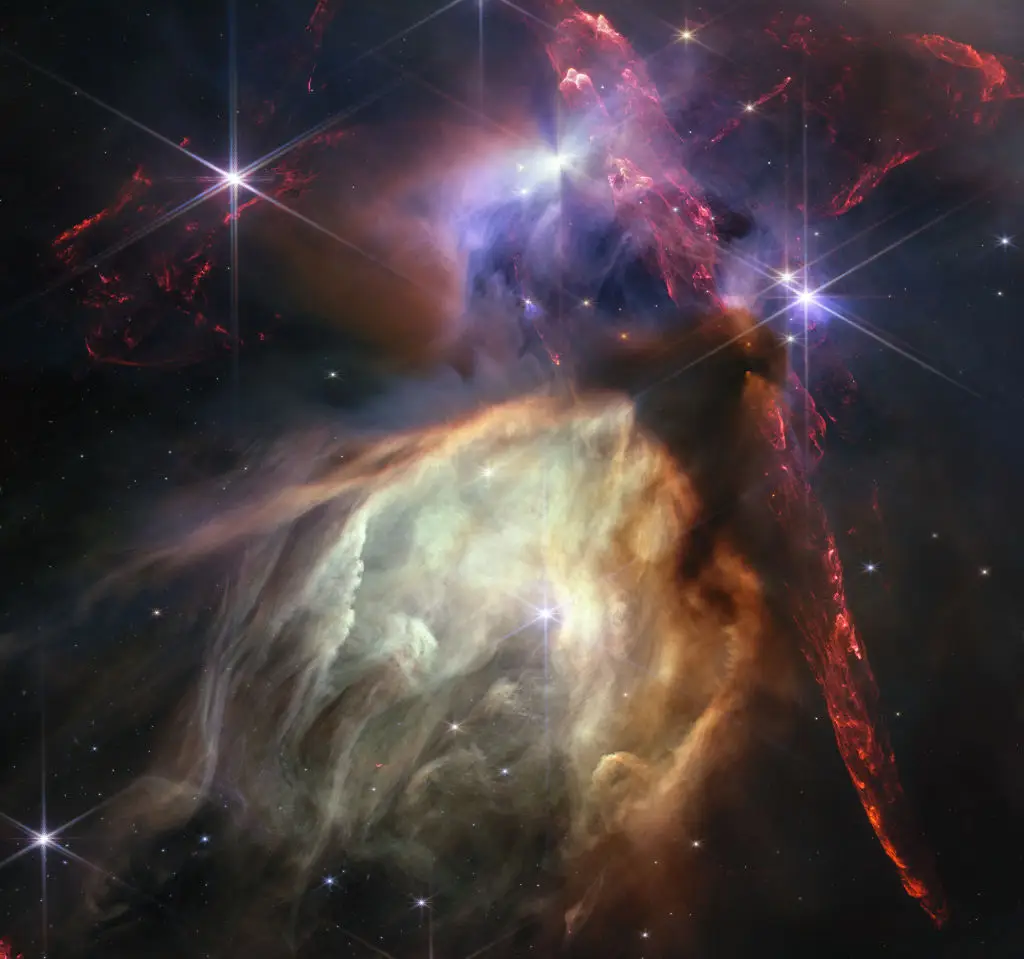
The universe might just be expanding at a rate faster than expecting, and even with the help of NASA's James Webb Telescope scientists are struggling to explain the phenomenon.
There are plenty of questions surrounding space that remain challenging for even the most knowledgeable scientists to explain, and that has allowed a wide variety of outlandish yet science-backed theories to arise like the notion of a 'mirror' universe where time moves backwards.
NASA even has a number of high-tech tools to help unearth fascinating discoveries, with the James Webb Telescope one of the most important in the agency's repertoire, yet even that can struggle to provide concrete answers.
One such situation where this is evidently true is in the recent discovery that the universe is expanding at a rate faster than initially expected, and it might be down to abstract materials that we still don't quite understand.
Advert

Originally this hypothesis was brought to the fold by the Hubble Space Telescope in 1998, but the information gathered wasn't entirely concrete and it was only until recently when the James Webb Telescope was used that this theory was confirmed.
Known as 'Hubble tension', this theory measures the difference between the rate that cosmology models expect the universe to expanding at, and what it's actually observed to be expanding at.
One study in the Astrophysical Journal, led by Adam Riess of John Hopkins University, outlines: "Yes it appears there is something missing in our understanding of the universe. Our understand of the universe contains a lot of ignorance about two elements - dark matter and dark energy - and these make up 96% of the universe, so this is no small matter."
It is suggested that both dark matter and dark energy are what are causing the unexpected expansion, but the trouble remains that little is known about these materials and they remain both abstract and invisible to the human eye.
Dark matter, for example, exists in gravitational effects on planets, stars, and other similar objects, whereas dark energy counteracts gravity, driving the expansion of the universe.

The notion of where the universe is 'going', however, has baffled many on social media. One user asks on an r/space post regarding the toping: "Out of curiosity, does anyone know what it is expanding into?" And it's hard not to be confused by the prospect once you start thinking about it.
"The universe is infinitely large," replies another commenter, "There is no such thing as 'outside' the universe, there is nothing it is expanding into. It's just expanding. I don't recommend trying to conceptualize infinities."
That's certainly a good piece of advice, and it'll almost certainly leave anyone's brain in a twist.
